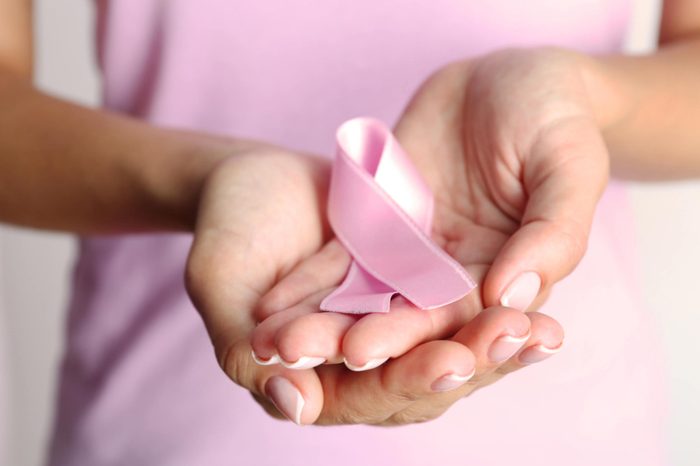
We all know someone
According to the American Cancer Society, there will be nearly 1.8 million new cases of cancer in the United States this year. That makes it likely that someone you know—a friend, a co-worker, a family member—could get the bad news. (Here are some more hopeful cancer statistics.) Jennifer Kelman, a licensed clinical social worker with a private psychotherapy practice, explains that when someone is handed a cancer diagnosis, “the person may be reeling and faced with many different emotions such as fear and worry over the potential outcome.” She explains that during this challenging time, the people you rely on most can disappear simply because they’re not sure how to respond. “They’re not malicious or cruel—it often happens because people feel ill-equipped and scared they’ll say the wrong thing.”
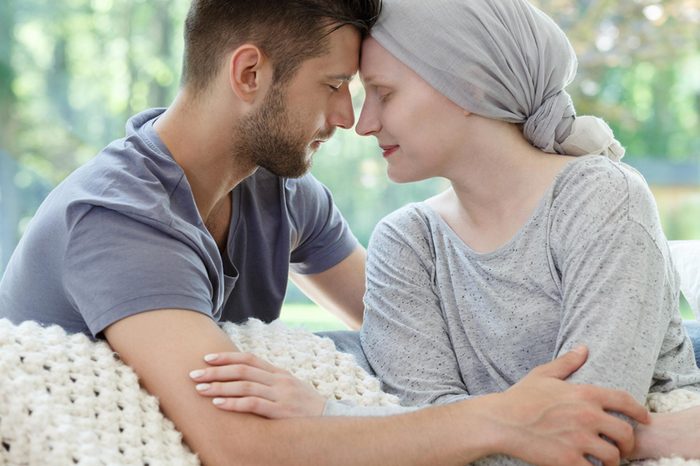
Make it clear you’re there to support
Stay in touch and offer a listening ear. “What friends or loved ones will find helpful is knowing that you are there for them, no matter what, and will check in on them periodically,” notes Kelman who is also a mental health expert on JustAnswer. Know someone who is going through chemo? Here are the best ways to be there for them.
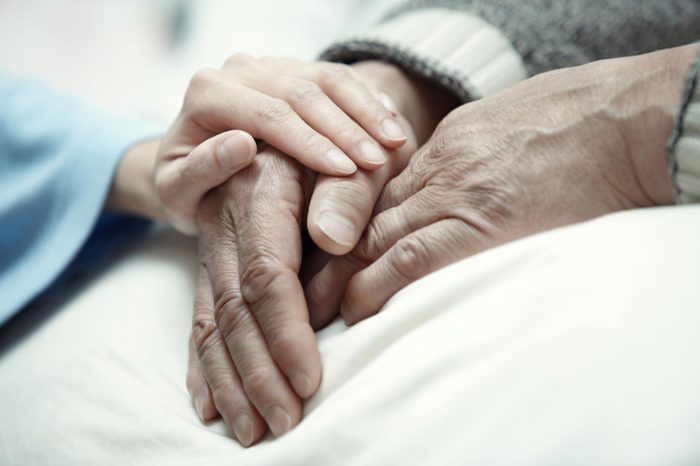
Don’t let distance get in the way
Just because hundreds of miles separate you doesn’t mean you can’t be present, especially nowadays. Plan a FaceTime or Skype date, where you can actually see each other, says Kelman. Text, call, email, or send cards. You can even create care packages and pick out books for the days your loved one is getting treatment—it can help fill time while he or she is waiting around in doctor’s offices.
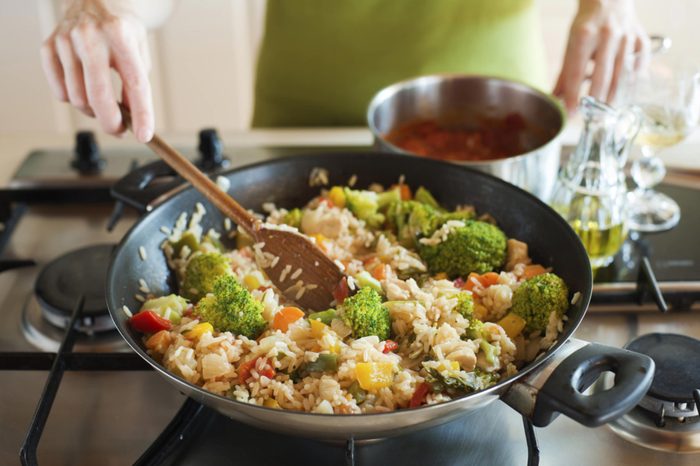
Help with meals
There’s nothing like getting a meal without having to put out any effort—especially when treatment has robbed all energy. Jeanne Butler of Brooklyn, New York, a cancer patient, explains that friends helped by bringing meals or sending coupons for takeout, which was helpful to her and her family. Too far away to cook? Try calling a local restaurant and have dinner delivered. Here are 11 foods for people who are undergoing chemotherapy.
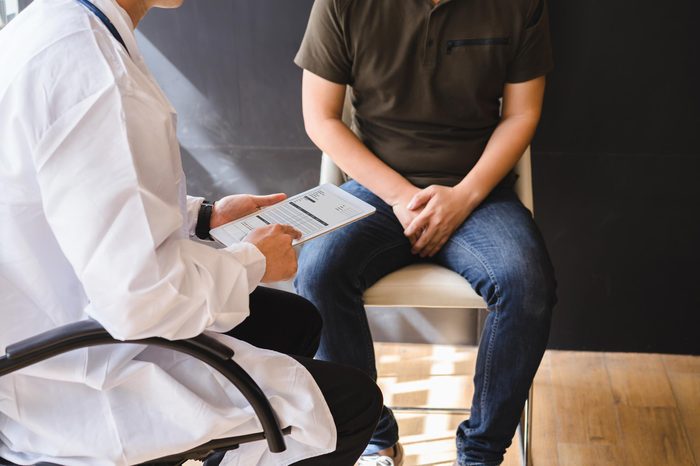
Share your story
Former cancer patient Paul Johnson says that hearing the stories of people who had gone through the same thing gave him comfort. “I talked with other guys who had had prostate cancer. Their stories were very helpful,” he says.

Treat your loved ones as you always have
“A person with cancer still wants to feel like a human being, not a diagnosis,” Kelman says. “When someone only relates by asking how they feel, it makes the patient think about the disease.” Instead, try to have the types of conversations you’ve always had. Let the person talk about the topics that interest him or her, whether it’s golf, religion, or reality shows.
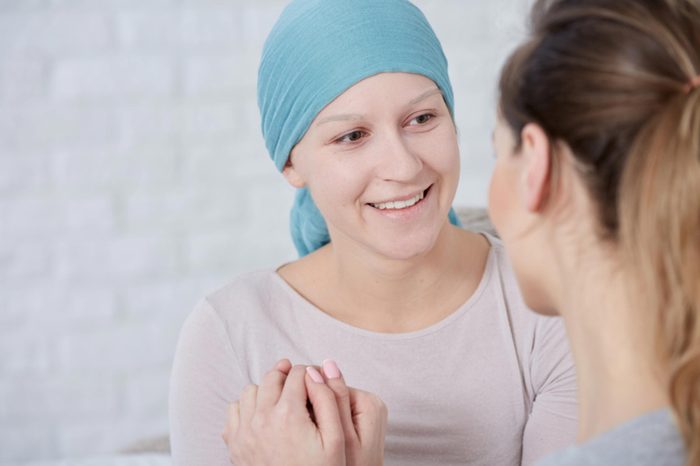
Advice isn’t always a great idea
Johnson refers to what she calls the Dale Carnegie Rule: “People want to know that you care before they care what you know.” Johnson advises sensitivity—only offer advice if you’ve been invited to. Also, this isn’t a great time to share your knowledge of cancer statistics or death rates. Here are some more things you should never say to someone with cancer.
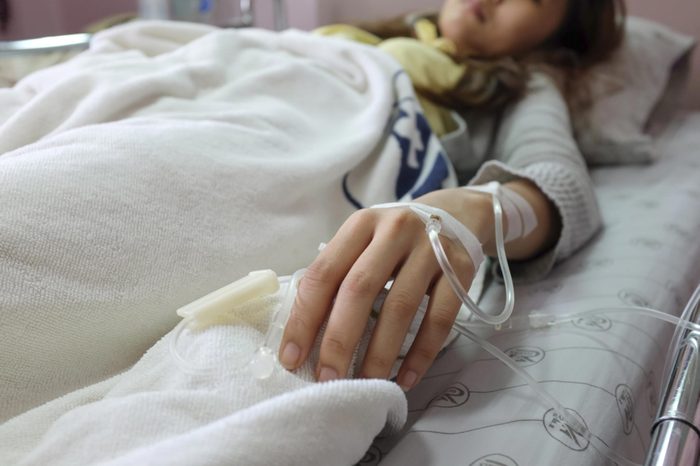
Be consistent
The emotional roller coaster of a cancer diagnosis is a brutal ride, says Kelman: “The feelings are often very fluid, quickly changing one day to the next, based on how a patient is feeling physically and what challenge they face.” By being a constant presence in their life, you can provide a steady influence that can help them get through the ups and downs. This is what you should say to a coworker who has cancer.
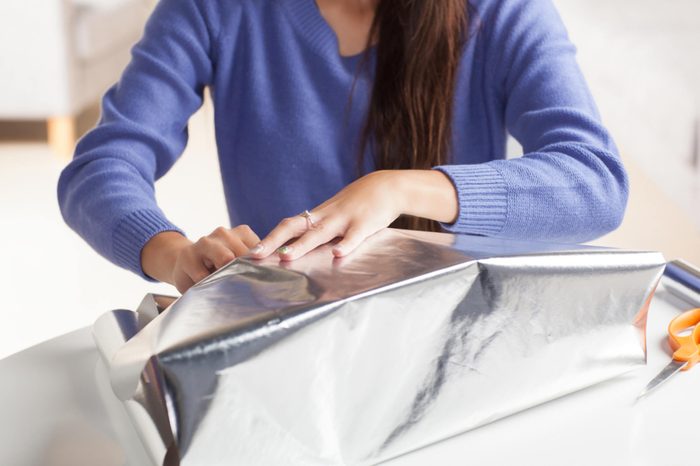
Make gifts
Create a sign with a motivational quote, knit a blanket, shawl, or chemo cap. If you have a crafty skill set, think about what could be helpful to that individual. Decorate a journal, create a frame for a photo of a funny shared memory. One of Butler’s friends made her a blanket that she takes with her to chemo treatments.

Draw on your skills and connections
If you’re a people person it may be helpful to facilitate communication (with permission) with the patient’s care team. Or ask them what some good resources might be. Maybe you know someone who would be willing to provide support. Johnson received a lot of help from his youngest daughter, who is a nutritionist. “She has been a very big help with my diet, and she referred me to a highly-regarded herbalist with a particular focus on cancer,” he says. His wife helped him learn more about prostate cancer and helped him revamp his diet. Here’s some dietary advice for chemo patients.
